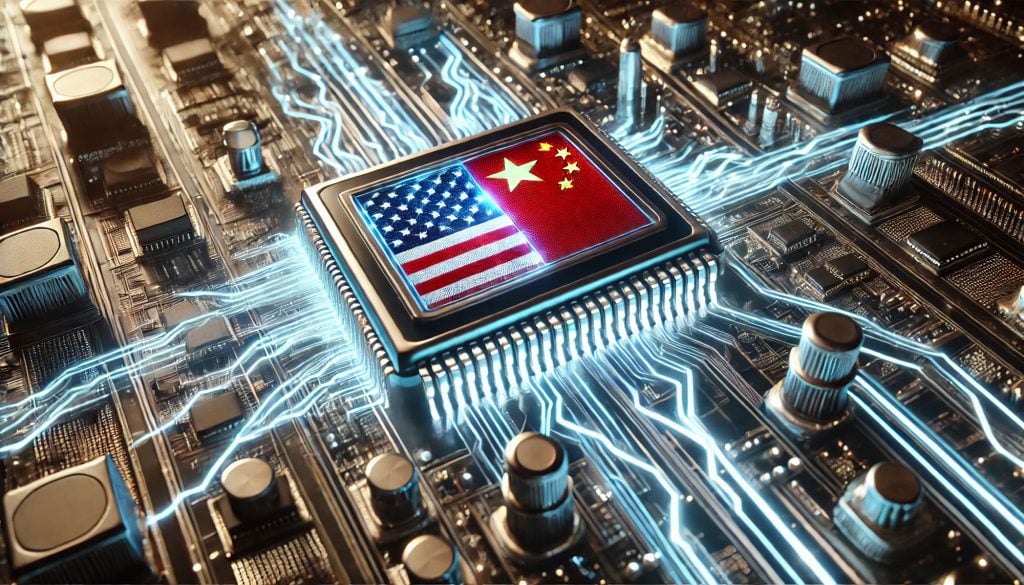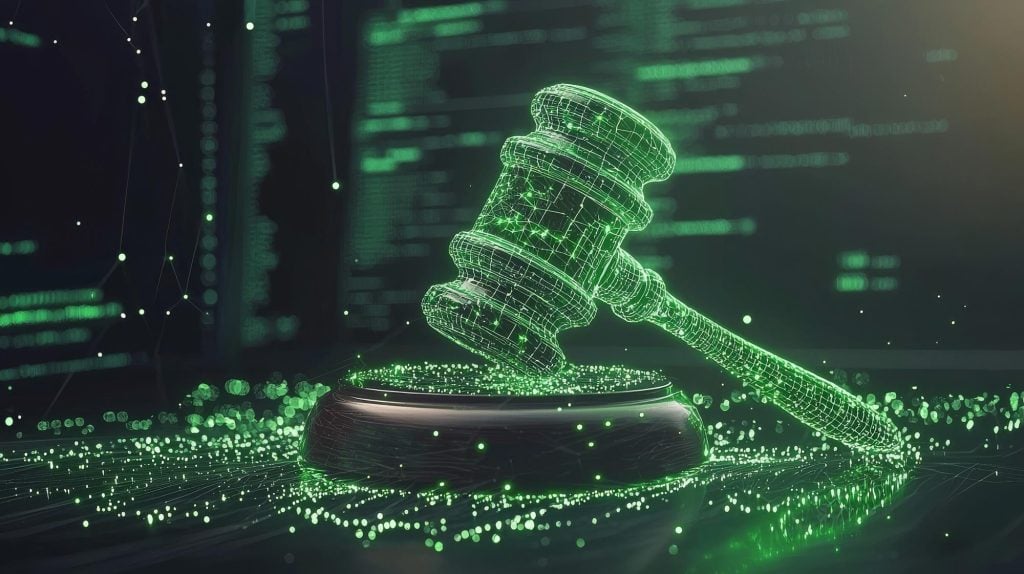A common question asked by innovators in the high-tech, artificial intelligence and software industries is whether securing IP protection is worth it. This question comes up because those involved in these technology areas work in a rapidly changing environment where innovation occurs frequently, which can lead to the technology becoming outdated or obsolete within a short period of time. For instance, new software code for artificial intelligence applications can become outdated in a year or less as new machine learning techniques are discovered and mastered, so why bother securing IP protection?
IP Rights Are Important and Your IP Strategy Matters
No matter what technological space you are in, intellectual property rights are valuable and should be protected. While it is true that securing patent protection can take many years, other forms of IP protection, such as copyright and trade secret protections, can be secured immediately. Every AI technology innovation should be carefully assessed to determine what IP strategy makes the most sense for you and your business.
For instance, if your AI technology is a minor innovation over the current art, or your business plan is to use your AI technology to make as much money as possible, as quickly as possible, and then to abandon the AI in the public domain, then securing IP protections, such as copyright registration and patent protection, may not be worth the time and money it takes to secure these types of IP rights.
On the other hand, if your AI innovation has the potential to be long-lasting, or has the potential to serve as a platform technology for many other innovations and applications in the future, then it makes more sense to seriously consider a broader approach to your IP protection strategy. For innovations that will likely have long-term utility, patent protection can be well worth the time and cost.
Now, that is not to say that all AI-related IP can be protected. There are some AI innovations that produce intellectual property that cannot be protected for one reason or another. The AI software might be based on open source code, and the use of the open source code might render the resulting AI innovation unprotectable due to restrictive licensing terms. Or if the AI technology itself has produced something, such as new software code or some other form of intellectual property that has traditionally been protectable, the resulting IP will likely not be eligible for IP protections, such as patents or copyright, since patents and copyrights can only be granted for inventions or creative works that are produced by humans.
Contact an IP Attorney
At The Rapacke Law Group, we take a keen interest in AI and software technologies and innovations. If you have questions about the IP rights that may be available for your AI technology, we can discuss your situation with you. We want to help you understand the scope of protection your AI technology needs. Contact us today to schedule a free initial consultation.




